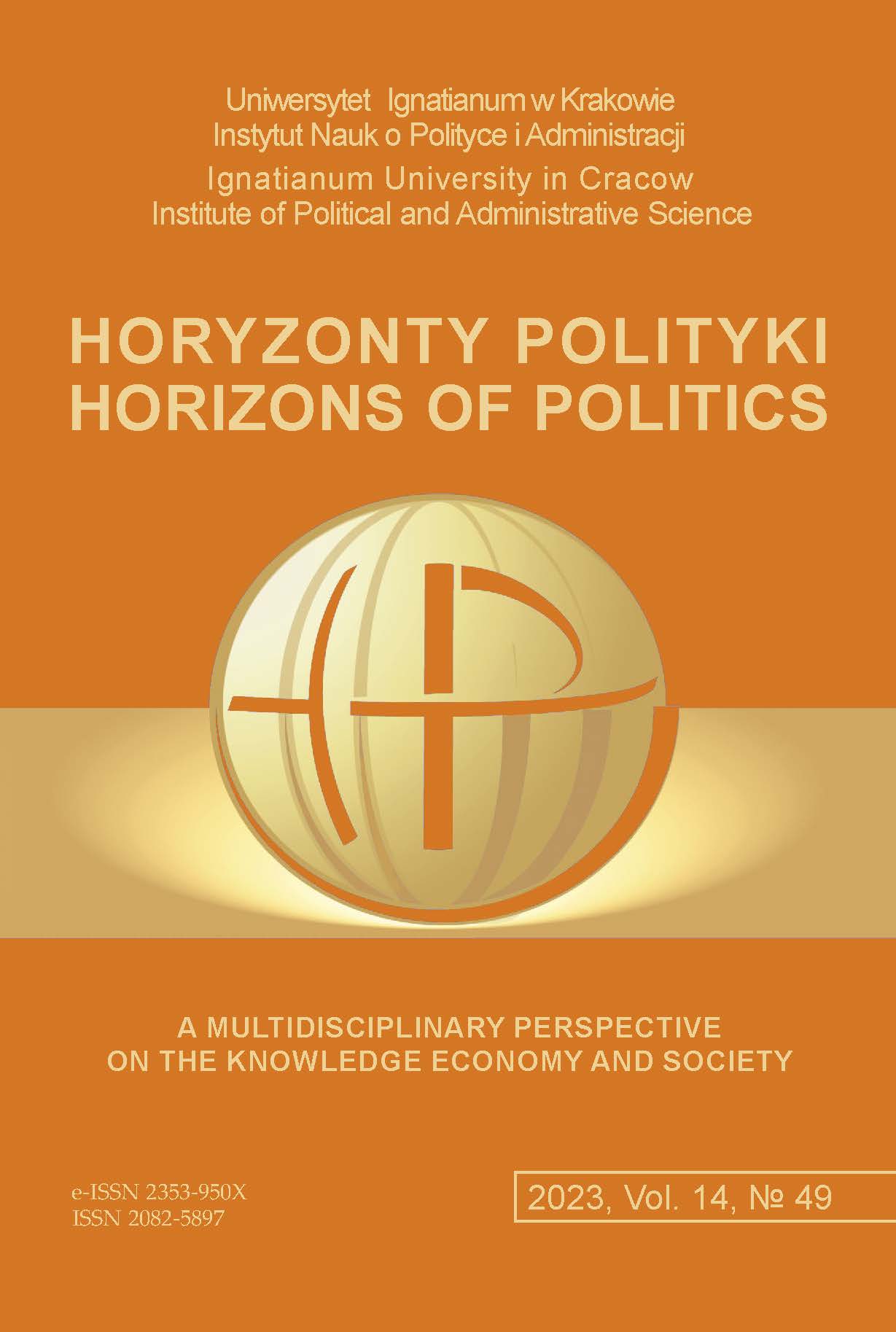The importance of the role of time in the adaptation process of traditional emigrants
The importance of the role of time in the adaptation process of traditional emigrants
Author(s): Gabriela StrzelecSubject(s): Migration Studies, Asylum, Refugees, Migration as Policy-fields
Published by: Uniwersytet Ignatianum w Krakowie
Keywords: expatriates ; adaptation ; the role of time;
Summary/Abstract: RESEARCH OBJECTIVE: The article’s primary goal is to identify the factors that contribute to traditional emigrants’ adaptation to foreign postings in international corporations in Poland, with particular emphasis on the role of time. At the same time, the essential intention of this research pilot is to verify the research tool.THE RESEARCH PROBLEM AND METHODS: The article presents the current scientific achievements in expatriate adaptation, particularly emphasizing the longitudinal dimension. The pilot study results presented in the empirical part were carried out using the case study method, and the research tool was an interview questionnaire.THE PROCESS OF ARGUMENTATION: To better understand the motives, factors, barriers, and starting points that dynamically occur over time and influence adaptation in different dimensions and areas, Haslberger, Brewster, Hippler 3D model.RESEARCH RESULTS: The main goal of the qualitative pilot study was the initial exploration of the area of expatriate adaptation. The study results fill the research gap by a) using an innovative 3-D model, b) identifying the specifics of this model’s adjustment, importance, and challenges in the international context, and c) showing the crucial role of the longitudinal dimension in the adjustment process.CONCLUSIONS, INNOVATIONS, AND RECOMMENDATIONS: Few Polish researchers dealing with the issue of emigrants’ adaptation have considered the role of time in this process. It should, therefore, be emphasized that this work is new in Polish literature and fills a research gap. Practitioners responsible for adapting expatriates (AEs), knowing the time needed for an AE to adapt to the delegation country’s culture, attitudes, and behaviors, can more effectively determine the goals the employee should achieve. Therefore, having a tool that indicates facilitating factors, motives, or barriers, they can more consciously prepare a training package before entering the market and adjust its intensity over time.
Journal: Horyzonty Polityki
- Issue Year: 14/2023
- Issue No: 49
- Page Range: 179-200
- Page Count: 22
- Language: English

